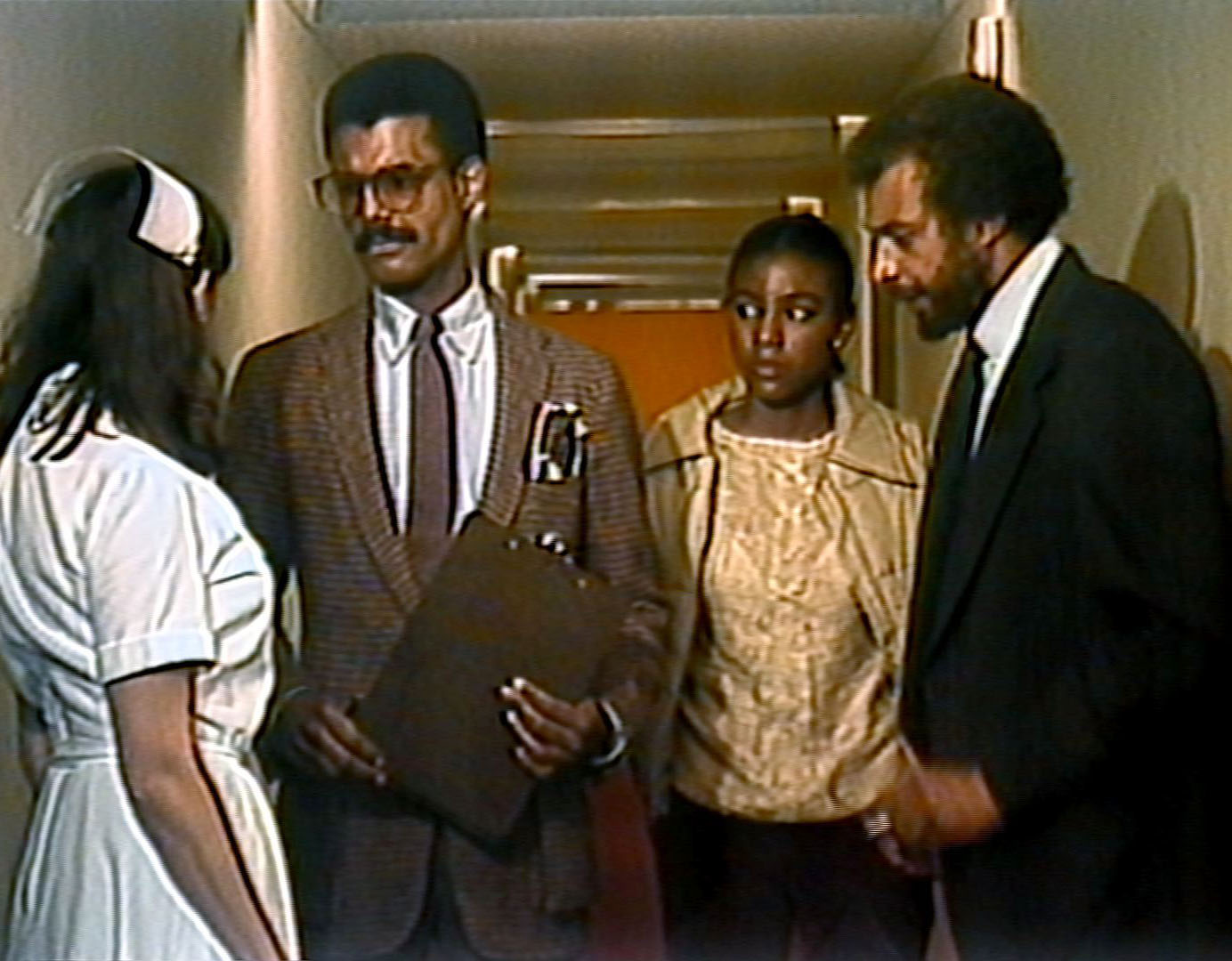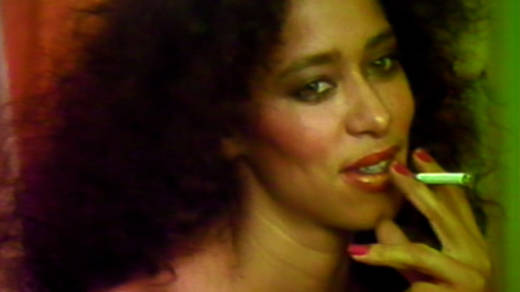Your not-so-humble neighborhood film critic, resolute in a belief that the past is better than the present, is prone to offering as an article of faith that every lost or missing film, unseen since its initial release and now forgotten, is a masterpiece. This is not always the case, I mournfully note. (What penance is appropriate for this confession?)
Yet there is always revelation, and unexpected pleasure, in revisiting a work from another period. It’s hard for us to grasp what an uphill fight it was to represent everyday black people on screen in the wake of Shaft, Super Fly, and Mandingo. So check out Personal Problems, the 1980 collaboration between pioneering independent black actor, playwright, screenwriter, novelist and director Bill Gunn and firebrand author Ishmael Reed. Made on a shoestring with an all-black ensemble for public television, and newly restored by Kino Lorber, the avant-garde soap opera screens Aug. 16 at Alamo Drafthouse with Reed on hand afterward to riff, rant and regale the crowd.

The Film Society of Lincoln Center hosted a cast and crew reunion and screening of Personal Problems in 2015 as part of the series “Tell It Like It Is: Black Independents in New York, 1968-1986.” Reed set the stage for a contemporary viewing by recalling the forces and conventions that the production challenged.
“What happens when a group of unbankable individuals tell their stories? Actors who have final say over their speaking parts? A director who was found ‘too difficult’ for Hollywood? A composer who would not submit the hack soundtracks required by the industry? A black male lead who was not black enough? A black actress who was not light enough? An actor who had been retired because he belonged to another era? A cinematographer who chose art over expediency? An unmarketable co-actor who didn’t look like Clark Gable or a male version of Vanessa Williams? Two producers, having no experience, had the audacity to organize a production with the amount of money that Hollywood spends on catering? Maybe less.”
Reed can still speak for himself, but Gunn, an iconoclastic artist who made his Broadway stage debut opposite James Dean and remains best known for making the experimental vampire film (and cult classic) Ganja & Hess in 1973, died 30 years ago at just 54. His legacy is underappreciated, in part because Personal Problems is unknown.


